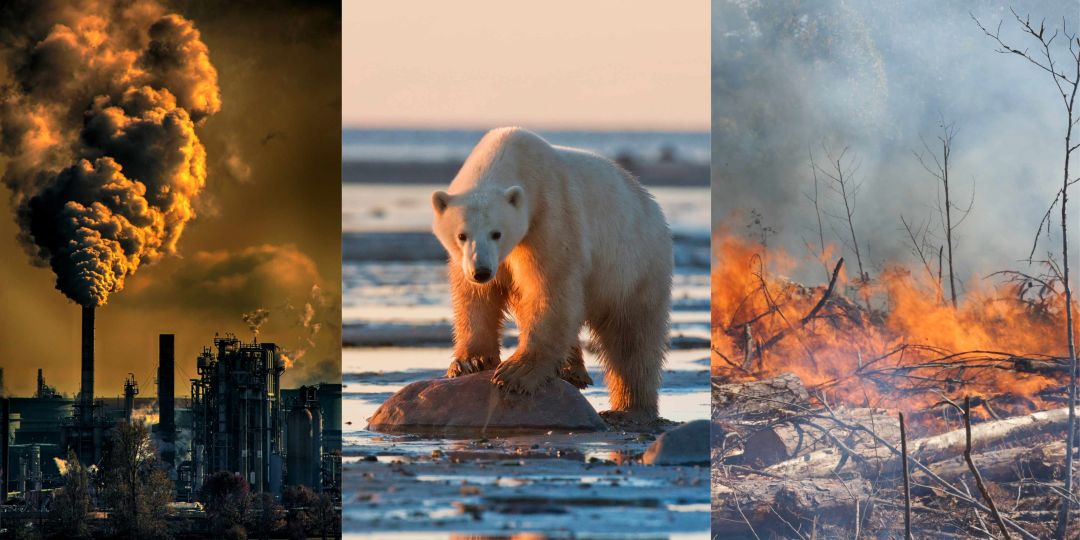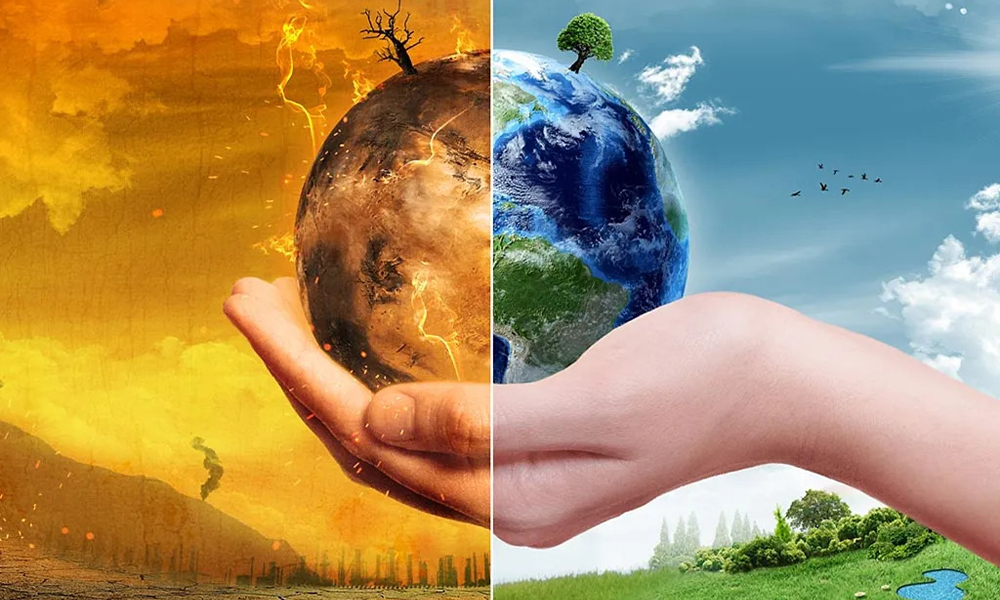– The Scientific Evidence
In recent years, climate change has emerged as one of the most pressing global issues, transcending national boundaries and impacting every corner of the planet. The scientific consensus is clear: human activities, particularly the burning of fossil fuels and deforestation, have significantly contributed to the rise in global temperatures. This warming trend is accelerating, leading to a cascade of environmental, social, and economic consequences that threaten the well-being of current and future generations.
– Global Efforts and Commitments
The Intergovernmental Panel on Climate Change (IPCC), the leading international body for assessing climate science, has repeatedly underscored the urgency of addressing climate change. Their comprehensive reports detail how unchecked greenhouse gas emissions are driving unprecedented changes in our climate system. From more frequent and intense heatwaves and storms to disruptions in global food production and freshwater resources, the impacts of climate change are already being felt worldwide.
– Challenges and Inequalities
In response to these challenges, the international community has taken significant steps to combat climate change. The landmark Paris Agreement, adopted in 2015 and ratified by nearly 200 countries, represents a collective commitment to limit global warming to well below 2 degrees Celsius above pre-industrial levels, with efforts to limit the temperature increase to 1.5 degrees Celsius. This ambitious goal reflects a recognition of the severe risks associated with exceeding these thresholds, including irreversible damage to ecosystems and vulnerable communities.
– Climate Justice and Equity
Despite these commitments, achieving the goals of the Paris Agreement remains a formidable challenge. Many countries are struggling to meet their emissions reduction targets, and global greenhouse gas emissions continue to rise. Moreover, the impacts of climate change are disproportionately borne by the most vulnerable populations, including low-income communities, indigenous peoples, and small island nations. These groups often have limited resources and capacity to adapt to climate impacts, exacerbating existing social inequalities.
– Pathways to a Sustainable Future
The concept of climate justice has gained prominence in discussions about climate change, emphasizing the ethical and moral imperative to address the unequal distribution of climate impacts and responsibilities. Developed countries, historically the largest emitters of greenhouse gases, bear a greater responsibility for mitigating climate change and supporting adaptation efforts in developing countries. Climate justice also calls for empowering marginalized communities and ensuring their voices are heard in decision-making processes that affect their lives and livelihoods.
– The Role of Innovation and Collaboration
Transitioning to a low-carbon economy and building resilience to climate impacts are essential components of a sustainable future. This requires concerted efforts across sectors and scales, from national policy frameworks to local community initiatives. Investing in renewable energy sources, promoting energy efficiency, and adopting sustainable land use practices are critical steps toward reducing greenhouse gas emissions and promoting sustainable development.
– Looking Ahead
Innovation plays a crucial role in addressing climate change, offering new technologies and solutions to reduce emissions, enhance resilience, and adapt to a changing climate. Governments, businesses, research institutions, and civil society must collaborate to accelerate the deployment of clean technologies and foster innovation in areas such as renewable energy, climate-smart agriculture, and sustainable urban planning.
– A Call to Action
The urgency of addressing climate change requires sustained political will, collective action, and innovation. Governments, businesses, and civil society must work together to accelerate the transition to a carbon-neutral economy and build resilience to climate impacts. Investing in clean technologies, promoting sustainable consumption and production patterns, and integrating climate considerations into decision-making across sectors are critical steps towards achieving a sustainable and resilient future for all.















Leave a comment